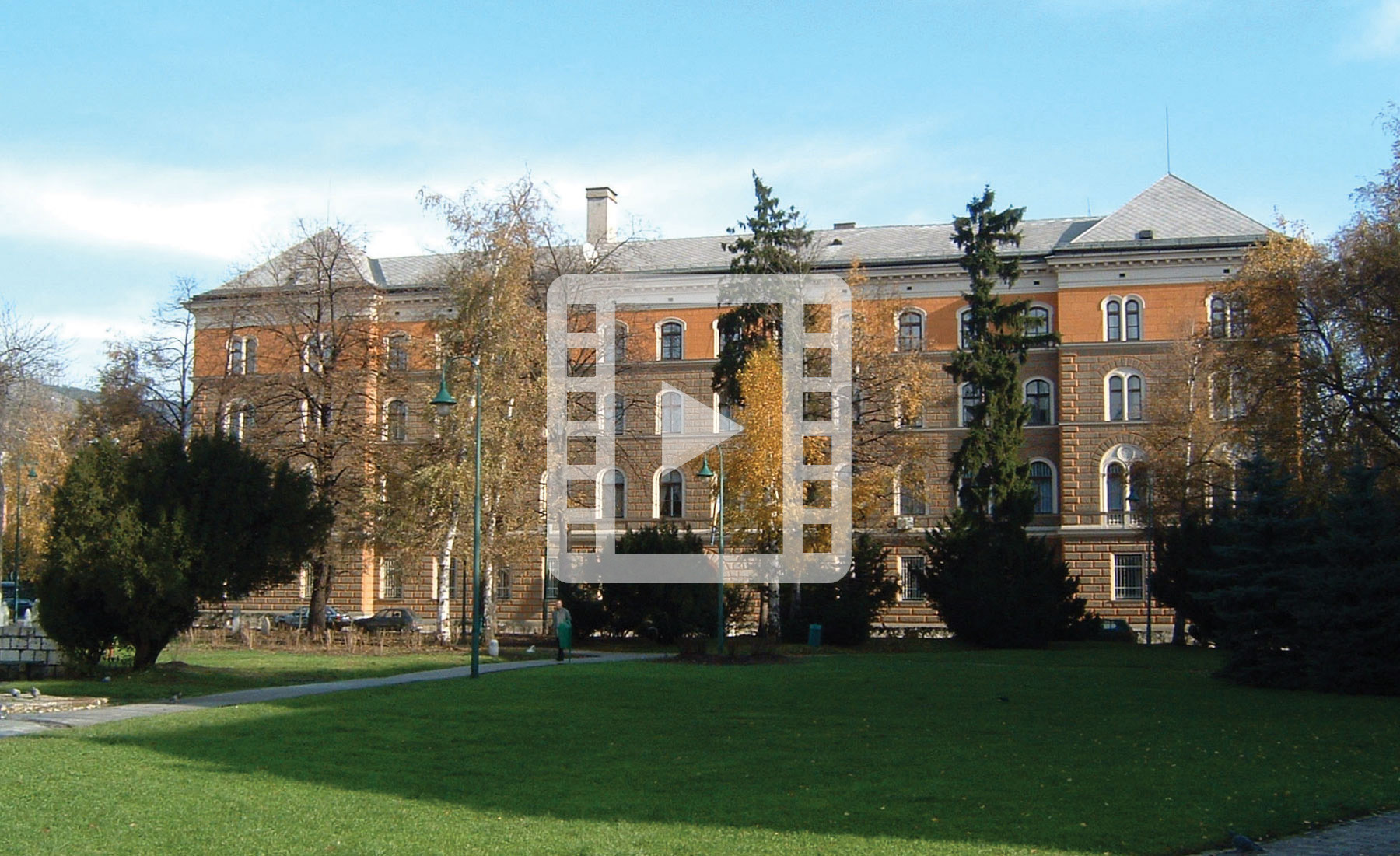
The Constitutional Court of Bosnia and Herzegovina held a solemn plenary session to mark the 20th anniversary of the Constitutional Court of Bosnia and Herzegovina (post-Dayton period, 1997 to 2017).
The history of the constitutional justice in Bosnia and Herzegovina dates back to the middle of the 20th century. In 1963, in the Socialist Federal Republic of Yugoslavia (SFRY), as well as in its federal units - republics, the constitutional courts – federal and republic, were established through the adoption of the new federal and republic constitutions. Up until 1992, when it acquired its independence and international legal personality, as the 177th member of the United Nations Organisation (UNO), Bosnia and Herzegovina was one of the six republics/federal units within the SFRY. As the first Constitutional Court of Bosnia and Herzegovina started to effectively act the following year, 1964 (it was constituted on 15 February 1964), it is evident that the tradition of the constitutional justice in Bosnia and Herzegovina is continuing for more than half a century. In two years, in 2020, a full century will pass, thus a full 100 years of constitutional justice in Europe. In Austria and Czech Republic, at that time, first constitutional courts in Europe have been established based on the Kelsen theory on establishing a separate state authority „the guardian of the constitution“. Seen not only from the historical perspective, this marked a significant achievement regardless of the fluctuations in the positioning, jurisdiction and actual scope of an institution of constitutional courts, particularly at the beginning stage. Equally so, regardless of the realistic impact and constitutional as well as social position in general or the position in social and political system of that time, the fact is that a tradition of the constitutional justice through separate institution of the constitutional court in the states of the former SFRY (and thus also in Bosnia and Herzegovina) is among the oldest in Europe.
Constitutional Court of BiH has marked the 50th anniversary of the constitutional justice in Bosnia and Herzegovina in 2014.
The present-day Constitutional Court established by the Constitution from 1995 (Annex 4 of the General Framework Agreement for Peace in Bosnia and Herzegovina or the Dayton Agreement), was constituted on 22 May 1997. In 2017, we mark the 20 years of the existence of the Constitutional Court of Bosnia and Herzegovina in the post-Dayton period.
President of the Constitutional Court of Bosnia and Herzegovina gave a speech at the solemn plenary session on the Constitutional Court of BiH in the last 20 years. (Speech of the President Ćeman)
In addition to the Judges of the Constitutional Court of BiH in the present composition, the solemn plenary session was attended by the former judges of the Constitutional Court of Bosnia and Herzegovina, who held the positions of both the Presidents and Vice-Presidents of the Constitutional Court of BiH, representatives of the institutions of Bosnia and Herzegovina, Parliamentary Assembly of BiH and Council of Ministers of BiH, representatives of the international community in Bosnia and Herzegovina, OSCE, Council of Europe, Presidents of the Constitutional Courts of the Federation of Bosnia and Herzegovina, Republika Srpska and Appellate Court of the Brčko District, Presidents of the Supreme Courts of the Federation of BiH and Republika Srpska, President and Registrar of the Court of Bosnia and Hercegovina, President and Vice-President of the High Judicial and Prosecutorial Council of BiH, Ombudsmen of Bosnia and Herzegovina, Presidents of the Notary Chamber and Bar Association of the Federation of BiH, deans and professors of the Law Faculties from Sarajevo and Mostar, representatives of the non-governmental organisations who have cooperation with the Constitutional Court of BiH, IRZ, Konrad Adenauer and AIRE Centre.
Dr Denis Zvizdić, Chair of the Council of Ministers of Bosnia and Herzegovina and Mr. Mirko Zovko, first President of the Constitutional Court in the post-Dayton period also addressed the participants of the solemn plenary.
Upon completion of the solemn plenary, the attendees had the opportunity to view a thematic exhibition of constitutional texts as they were created and published throughout the history of Bosnia and Herzegovina and publications issued by the Constitutional Court of Bosnia and Herzegovina and to visit the premises of the Constitutional Court (library, registry office, archives).


